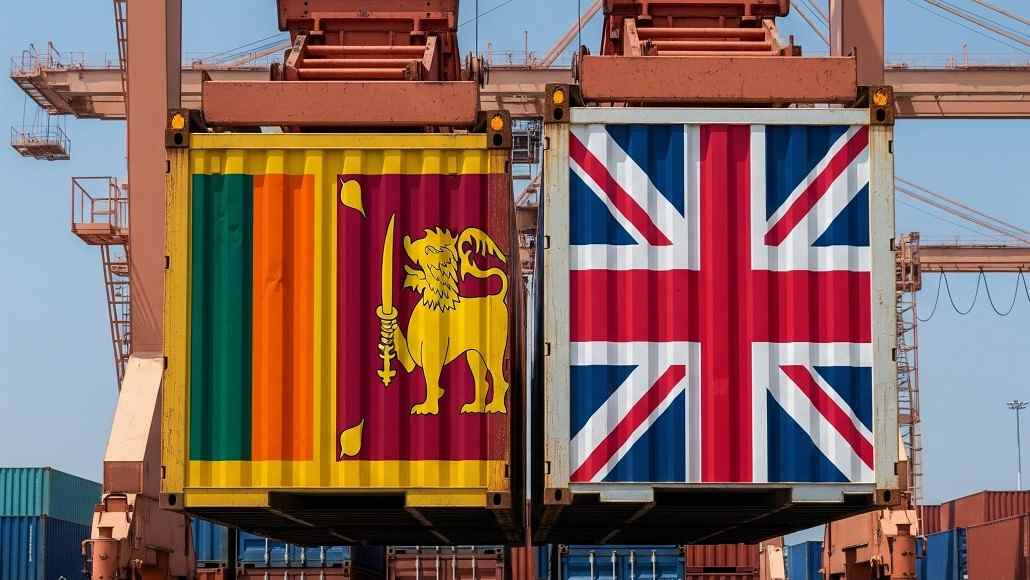The UK government has recently introduced a set of reforms aimed at streamlining the import process from developing nations. Key among these measures is the simplification of rules of origin, allowing for increased access to tariff-free goods from countries like Sri Lanka, Nigeria, and the Philippines, even if these goods incorporate components sourced from other regions in Asia and Africa.
The enhancements to the Developing Countries Trading Scheme (DCTS) are designed to facilitate trade with the UK, ultimately reducing prices for consumers on the high street. These reforms, part of a broader initiative known as Trade for Development, seek to foster economic growth in partner countries while enabling UK businesses and shoppers to benefit from high-quality, affordable products.
Of particular significance for Sri Lanka is the liberalization of rules of origin for the garment sector. This change will enable manufacturers to source materials from a broader array of nations, allowing Sri Lankan garments to potentially enter the UK market at zero tariffs. These new provisions are expected to be implemented by early 2026.
British High Commissioner to Sri Lanka Andrew Patrick highlighted that the UK is the second largest export market for Sri Lankan garments, which constitute over 60% of the trade. He encouraged more exporters to take advantage of the opportunities presented by the updated DCTS.
Yohan Lawrence, Secretary General of the Joint Apparel Association Forum (JAAF) in Sri Lanka, emphasized that the ability to source raw materials regionally will significantly enhance trade prospects. With exports to the UK valued at approximately $675 million, accounting for nearly 15% of Sri Lanka’s total apparel exports, this announcement is seen as a vital step toward securing jobs and encouraging sustainable growth in the country.
Launched in 2023 after the UK’s exit from the EU, the DCTS encompasses 65 countries and provides reduced or zero tariffs on thousands of products. In tandem with these changes, the UK will continue to support Sri Lankan exporters in meeting market standards, particularly in the agri-food and apparel sectors, through initiatives delivered by the International Trade Centre in collaboration with the Sri Lanka Export Development Board.

































